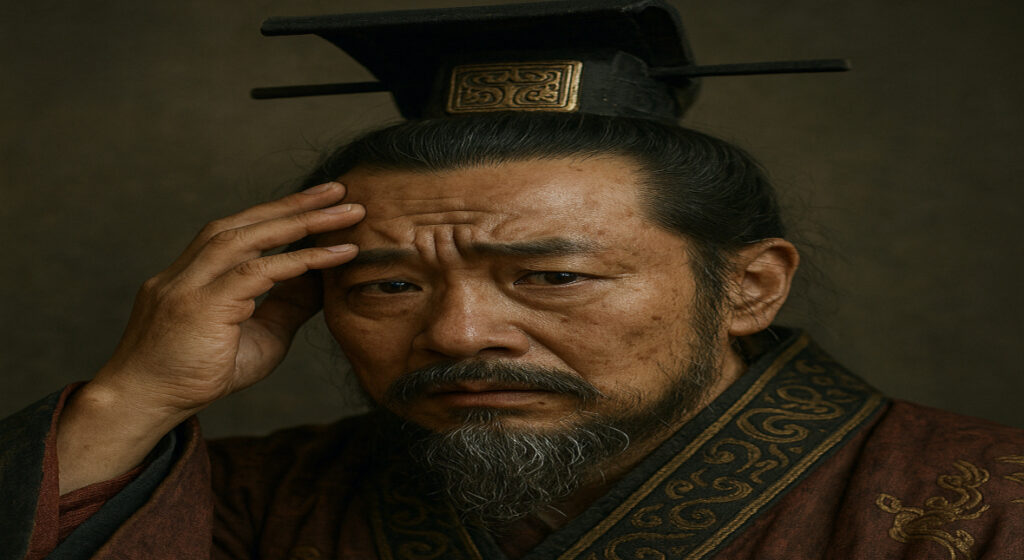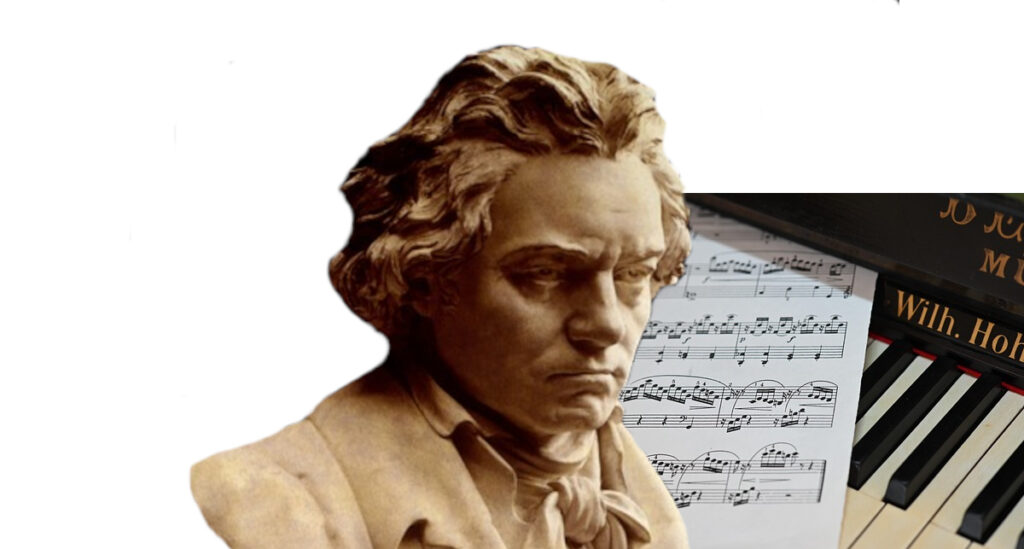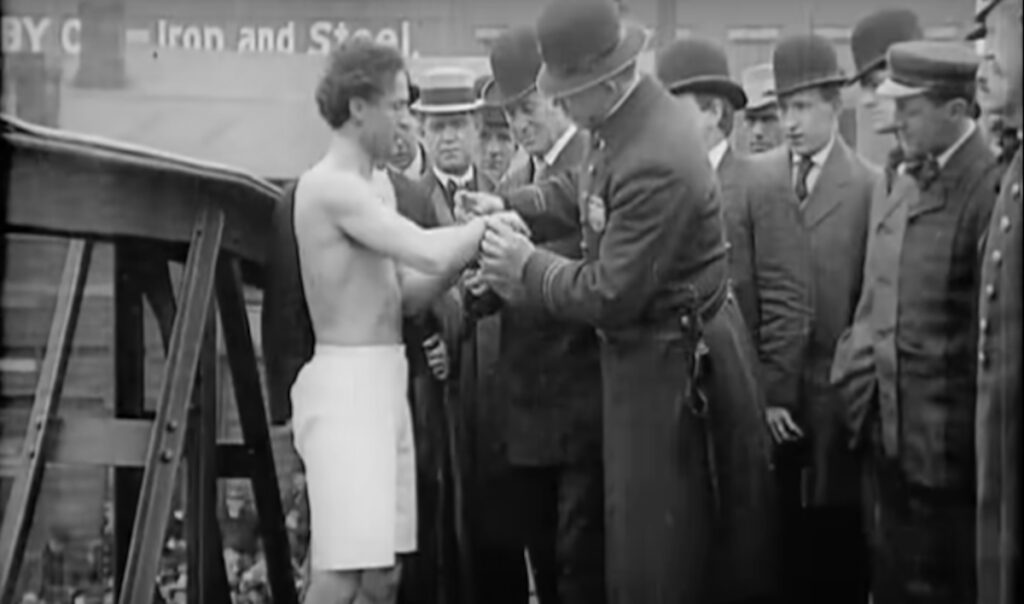Qin Shi Huang—the man who forged the first Chinese empire, crushed rival kingdoms, and built monuments of stone—was ultimately terrified of something universal and inescapable: death. But his fear wasn’t merely personal. It was political, philosophical, and pathological. Here’s a detailed exploration of the emperor’s obsession with avoiding the end of life—and how it shaped some of the most extraordinary events in ancient history.
Absolute Power Meant Absolute Loss
As the “Son of Heaven”, Qin Shi Huang saw himself as the center of the universe. Having achieved what no other ruler had—unifying China—he feared the inevitable collapse of his achievements after his death. The more power he amassed, the more he feared its loss. Death wasn’t just personal extinction—it was the undoing of his empire.
A Legalist’s Dilemma: No Heaven, No Hell—Just Annihilation
Qin Shi Huang ruled by Legalism, a philosophical system that promoted harsh laws, total obedience, and the supremacy of the state. Unlike Confucianism, which emphasized moral virtue and ancestral reverence, or Daoism, which valued harmony with the cosmos, Legalism offered no concept of an afterlife. There was no paradise, no reincarnation, no divine justice—only oblivion.
To a man who saw himself as the ultimate authority on Earth, the idea that he would simply cease to exist was intolerable. Without a spiritual framework that gave meaning to death, Qin Shi Huang sought to resist it entirely, turning to ancient myths, magic, and radical projects to escape it.
The Tomb That Could Rival Heaven
Perhaps the most haunting expression of his fear is his mausoleum at Mount Li, constructed over 38 years with the labor of up to 700,000 workers. This wasn’t a typical tomb—it was a massive underground palace, designed to replicate the empire in miniature.
Inside, according to Sima Qian (a Han dynasty historian), the tomb contained:
- Rivers of mercury to mimic real waterways
- A domed ceiling representing the night sky with stars
- Booby traps to deter grave robbers
- A Terracotta Army of over 8,000 life-sized warriors, horses, and chariots
This was more than burial—it was a fortress against death, a defiant bid to maintain his empire even in the afterlife.
The Poison of Immortality
Qin Shi Huang’s court alchemists promised elixirs that would make him immortal. The emperor was especially obsessed with a Taoist tradition that spoke of mystical substances—often metallic or mineral in nature—that could extend life or make one immortal.
Ironically, many of these “elixirs” contained mercury, a toxic element. Historical accounts suggest that regular ingestion of these potions may have contributed to his death at age 49. He tried to defeat death chemically, but only poisoned himself slowly, both physically and psychologically.
Journeys to the Edge of the World
Qin Shi Huang believed in the legends of the Three Immortal Isles: Penglai, Fangzhang, and Yingzhou—mythical places in the eastern sea where immortals lived. Desperate for access to these realms, he dispatched expeditions led by a man named Xu Fu.
Xu Fu took hundreds of young men and women, craftspeople, and seeds—essentially a colonizing fleet. One legend claims he never returned, eventually settling in what is now Japan, where he was deified. The emperor continued sending envoys, each failure intensifying his paranoia and desperation.
Paranoia and Omens
In the final decade of his life, Qin Shi Huang became deeply paranoid and superstitious. He feared assassination (having survived multiple attempts earlier in his reign) and interpreted natural disasters and celestial events as signs of divine displeasure.
He began changing palaces constantly, traveling incognito, and using decoys to avoid death. He trusted only a handful of eunuchs and advisors—most notably Li Si, who later manipulated the emperor’s death to install a puppet successor.
The emperor also relied on astrologers, sorcerers, and dream interpreters to guide his decisions. His belief in fate clashed with his desire to control it.
Psychological Insight: Death as Ego Erasure
Qin Shi Huang’s fear of death can be understood psychologically as ego death—the destruction not just of his body, but of the idea of himself as immortal in life. He saw himself as the “First Emperor of All Time,” even assigning his title the meaning: “Shi” (first) “Huangdi” (divine emperor)—a deliberate link to mythical sage-kings and gods.
Death, to him, was not natural—it was an insult to his supremacy, a threat to the perfect empire he had built. This fear was existential, born from extreme narcissism and the burden of godlike ambition.
A Legacy Built on Fear and Fire
Ironically, the very tools he used to maintain power—harsh laws, surveillance, mass labor—also ensured that when he died, the Qin Dynasty collapsed. The people had no loyalty to the idea of Qin rule—only fear of the emperor himself. When he was gone, so was the glue holding the empire together.
In seeking to conquer death, Qin Shi Huang accelerated his own downfall. His search for immortality consumed his empire’s resources, turned allies into enemies, and left his heir unprepared and unsupported.
The Emperor Who Became a Legend
Despite his failure to cheat death, Qin Shi Huang succeeded in one key way: he became immortal in memory. His reign—feared in life—was studied in awe after his death. His story has been passed down through dynasties, and today, he is remembered as one of the most powerful and complex rulers in Chinese history.
In modern China, he’s a national symbol—sometimes praised for unifying the country, sometimes condemned for his brutality. His terracotta army draws millions of visitors every year. His life story continues to fuel novels, films, and debates about power, control, and legacy.
Final Thoughts: A Man Who Feared the One Thing He Couldn’t Conquer
Qin Shi Huang built an empire to last forever and a tomb to rival the heavens. Yet no wall, no army, and no elixir could save him from death. The more he tried to escape it, the more he became its prisoner. His fear of death drove his greatest achievements—and ensured his empire would not outlive him.
In the end, the emperor who wanted to live forever achieved a different kind of immortality: not of the body, but of history, legend, and awe.


